
‘Afraid of the water’? Life in a city that dumps billions of litres of raw sewage into lakes and rivers
10 billion litres of sewage are dumped into Winnipeg’s lakes and rivers each year. Some...
Get the inside scoop on The Narwhal’s environment and climate reporting by signing up for our free newsletter.
With Los Angeles ablaze, videos of “Super Scooper” water bombers from Canada have gone viral, showing the aircrafts swallowing up thousands of litres of seawater and dumping it on the wildfires.
Water bombers aren’t the only support Canada has sent to battle the raging fires that have annihilated parts of Los Angeles, killed at least 25 people and forced more than 100,000 to leave their homes, or what’s left of them. Alberta and British Columbia have sent firefighting teams, while Ontario and the Canadian Armed Forces and Coast Guard are officially on standby. For Prime Minister Justin Trudeau, it’s an example of “neighbours helping neighbors.”
In Ottawa, the current Liberal government has thrown its support behind a number of cross-border collaborations to address the impacts of climate change. That includes International Development Minister Ahmed Hussen, who works at a very niche intersection: environment, development and aid.
Hussen is no stranger to complicated intersections. The Toronto-area MP and former lawyer moved to Canada as a refugee from Somalia when he was a child, to eventually become the first Somali-Canadian elected to Parliament.
Elected in 2015 when the Liberals swept to power, Hussen was first appointed to cabinet in 2017 as the minister for immigration, refugees and citizenship, where he made headlines battling Ontario Premier Doug Ford over the treatment of asylum seekers at the Canada-U.S. border. He has also been minister of families, children and social development before becoming minister of housing, diversity and inclusion — where he garnered some criticism for owning a rental property.
Hussen’s latest role is becoming even more complicated as domestic needs overlap with global ones.
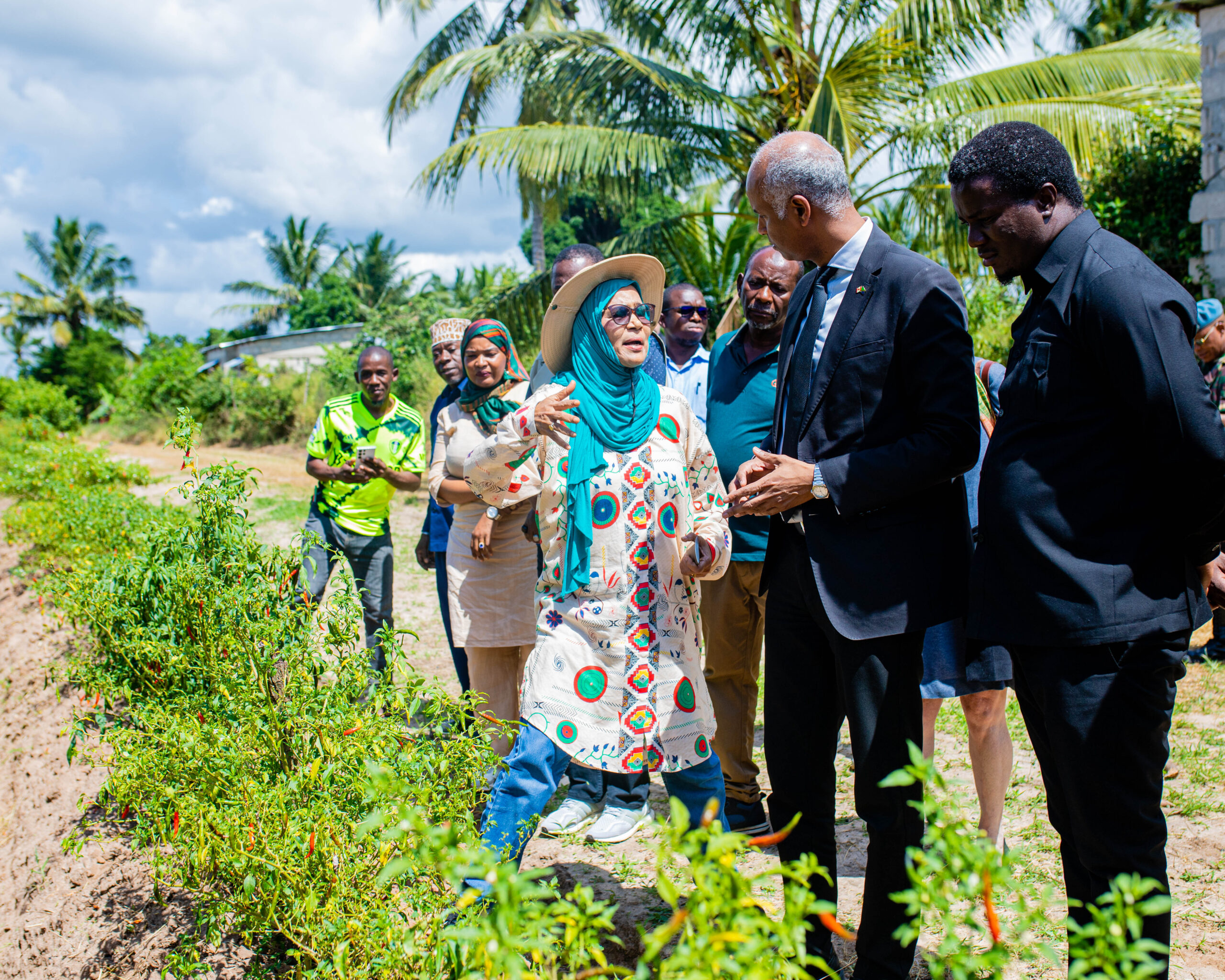
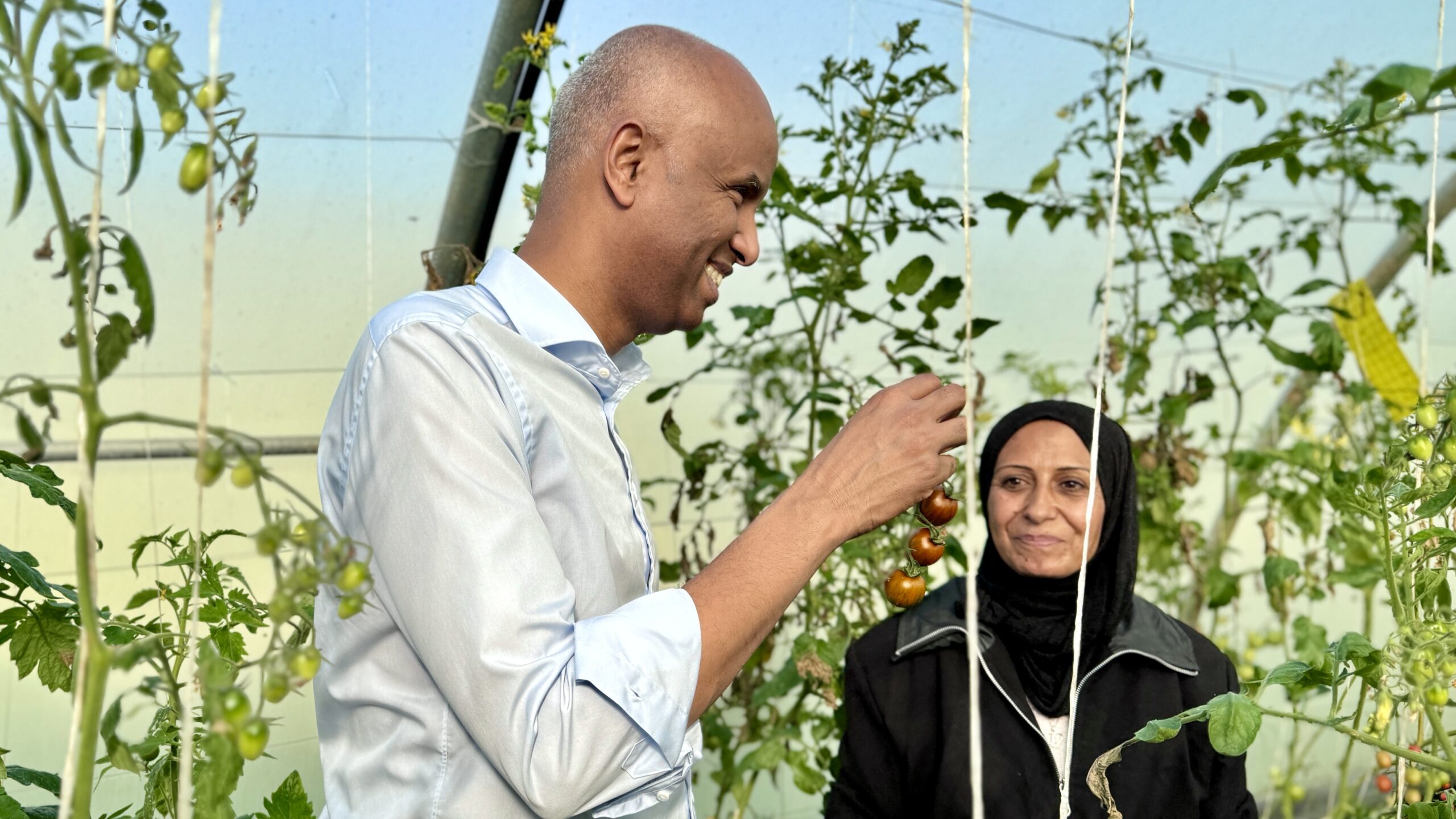
Last year was the hottest year on record according to Environment and Climate Change Canada and the World Meteorological Association. And those California fires? Those were larger and hotter as a result of planet-warming fossil fuel pollution, too. As the world heats up, deadly weather events like the California fires are becoming more common at home and abroad. And the last few years have seen several examples of armed conflict having devastating impacts on land, water and wildlife.
Hussen believes complicated problems can have straightforward solutions if everyone pulls together. This week, for example, Hussen’s office told The Narwhal the situation in California is an example of how every country needs to both address climate change locally and collaborate globally. It was the same point the minister made during an interview in his office in Ottawa in October — months after B.C. fires had also warranted a global response.
“We find we send firefighters to other countries when they have forest fires. They do the same for us when we have forest fires,” he said. “So both in the solutions, and the mitigation, and the response — without serious and consistent collaboration across borders, we’re not going to be able to tackle climate change effectively.”
But as the failure to achieve significant global emissions reductions has shown so far, international co-operation on climate action has been no easy feat. And it’s made more challenging as rich nations, some of which have historically contributed the most to greenhouse gas pollution, are failing in their obligation to provide adequate funding to protect poorer countries from a world that’s becoming more dangerous as a result of heat-trapping emissions.
That’s where Hussen says Canada comes in. Since 2023, he has travelled across the Global South to connect Canada’s aid work to the climate emergency. From working with Vietnam on carbon pollution pricing, to helping farmers in Lebanon become more resilient to droughts to providing food, water, medicine and education in climate-vulnerable Sudan, Hussen believes working on tough situations abroad has payback at home, he told The Narwhal.
The Narwhal sought to understand the impact and challenges of Canada’s efforts to support climate action abroad in the best and worst of times. It also dove into the future of these efforts, as Canada heads towards a federal election this year — putting foreign aid and global climate efforts up for debate.
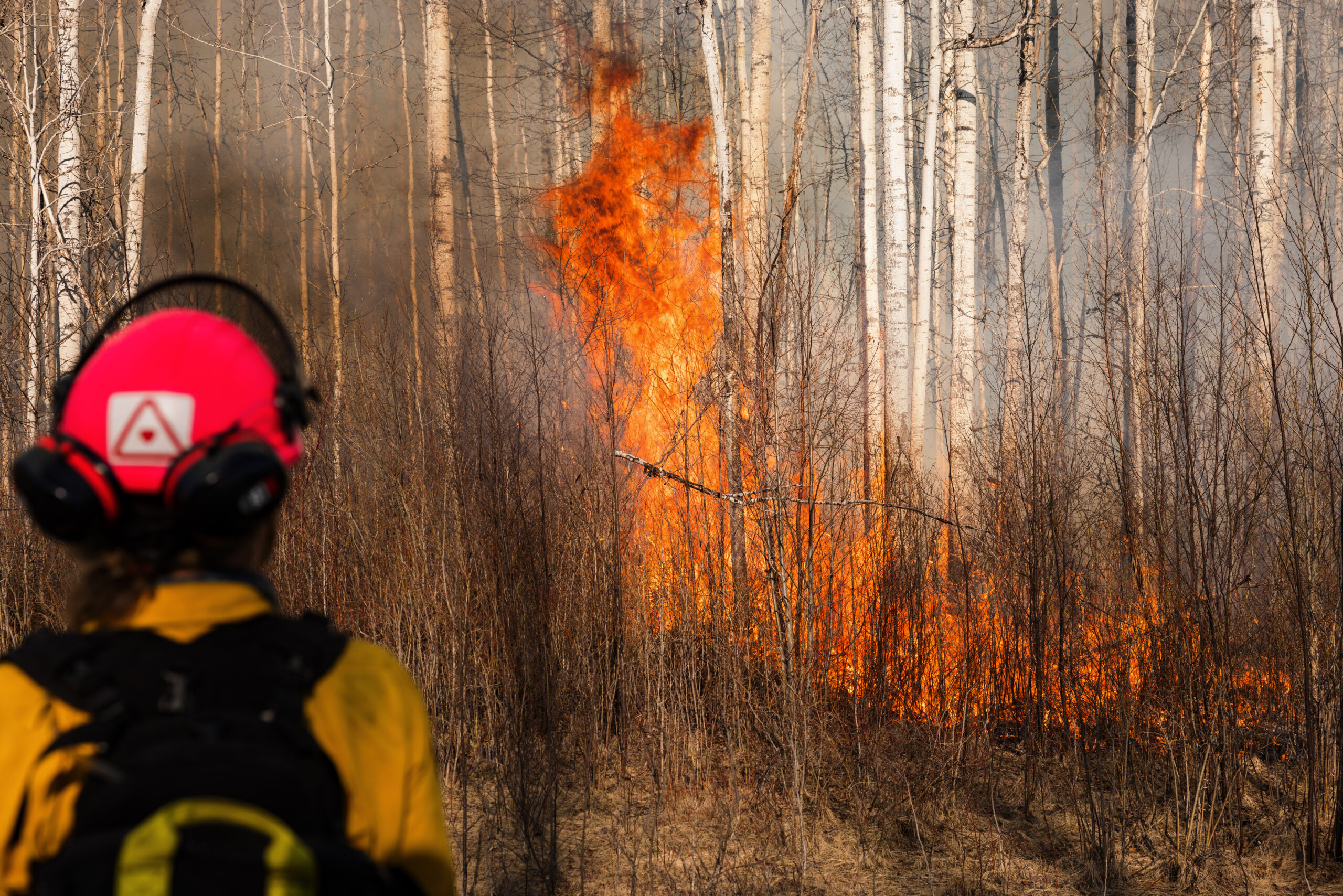
Visiting the international development minister in his office these days means ducking under scaffolding, and caution tape, as Ottawa’s foreign affairs headquarters undergoes a complete retrofit.
The permanent construction site that is the office for Canada’s diplomats feels like a metaphor for international development: it is always a work in progress. According to the minister, that never-ending work includes Canada’s efforts to fight climate change and its devastating effects outside our nation’s borders.
When The Narwhal met him, Hussen had just returned from a trip to the United Arab Emirates, where he visited a Red Cross facility holding Canadian aid supplies for the Gaza Strip and met with recent evacuees from Lebanon.
The conversation with Hussen took place around the first anniversary of the war in Gaza, which began in October 2023 when the Palestinian militant group Hamas launched an attack on Israel that killed approximately 1,200 people. Since then, more than 45,000 Palestinians have been killed by Israeli warfare, which was labelled “consistent with genocide” in a United Nations special committee report. Israel and Hamas reached a tentative ceasefire agreement just this week.
The UN has documented the war’s devastating environmental impact. Two-thirds of Gaza’s clean water and sanitation infrastructure was destroyed, with much of the remaining water supply polluted by sewage and debris. A satellite analysis by the Guardian last March also found nearly half of the territory’s tree cover and farmland have been destroyed by Israeli strikes. The Israel Defense Forces told the Guardian it follows international law, attempts to limit damage to the environment, “does not intentionally harm agricultural land” and seeks “to prevent environmental impact absent operational necessity.”
Researchers have called the situation in Gaza an “ecocide” that could have long-term impacts on the region’s farmland, air, water and biodiversity.
“I haven’t heard that term being used. It’s the first time I’m hearing it,” Hussen told The Narwhal. “Obviously, the conflict is not just impacting people, it’s impacting the environment,” which he added is “very concerning.”
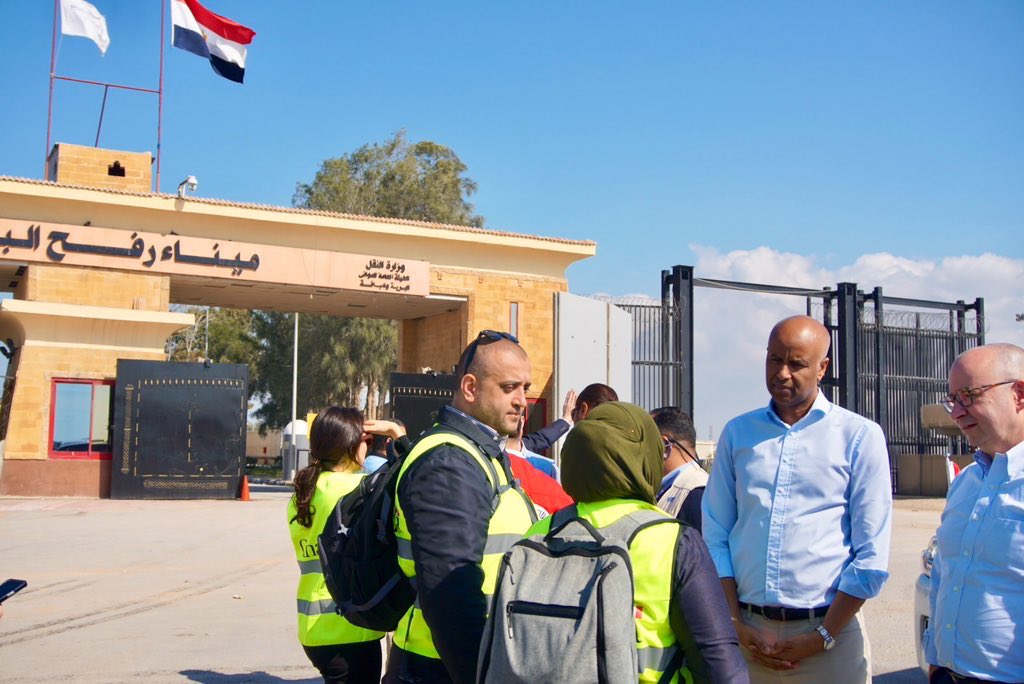
There are many ways environmental challenges and conflict can intersect and inflame each other. Military action results in massive emissions: for example, Russia’s invasion of Ukraine has been lamented for its effects on birds and other animals in the latter country’s eight biosphere reserves. At the same time, climate change can trigger conflict by creating societal tensions over the loss of homes, land, livelihoods and natural resources.
“In some cases, regional conflicts emanate from scarcity of water as a result of climate change,” Hussen said. A recent example is the 2011 war in Syria, which occurred after a historic drought linked to changing rainfall patterns brought on by climate change, which destroyed food and water resources, pushing people into desperate situations.
“Droughts and dry conditions are exacerbating existing conflicts over natural resources, including access to water, which is why I think it’s more important than ever that we think about the importance of access to clean drinking water for communities,” Hussen said. That’s why, he added, since 2000, Canada has given more than $1.5 billion for clean water access and infrastructure around the world.
While the focus of The Narwhal’s discussion with Hussen was global, it cannot be ignored that clean water is an issue in Canada, too. There are still 31 long-term drinking water advisories in effect across 29 Indigenous communities, as of November 2024. Since the Liberals took power, they have lifted 147 advisories, but work remains — whether for this government or a new one.
Hussen said the government has spent billions addressing First Nations’ clean water issues and has cleared almost three-quarters of the advisories. He “strongly disagreed” with commentators who argue the government’s approach at home has failed.
The international picture is more complicated, he said, as it involves working through partnerships with other governments and local communities. And conflicts are making it harder to secure access to clean water in several places, he added.
Last July, for example, a large water reservoir called “Canada Well” in a Gaza district was destroyed by an Israeli airstrike. Though the reservoir was funded by the United Nations and Japan and managed by the Red Cross, Hussen called for an investigation into the matter. The Israeli military said it would look into the situation. As of October, results had yet to be shared with the Canadian government, Hussen said. Soon after the airstrike, Oxfam condemned the killing by Israeli airstrikes of four of its engineers who were in northern Gaza to repair water infrastructure.
“As a government, we have used every possible opportunity to condemn the destruction of water infrastructure. We have used every possible opportunity, publicly and privately, to advocate for the protection of humanitarian workers,” he said.
“Of course, our commitment to environmental protection extends to Israel and Gaza and Lebanon, and anywhere where there’s a conflict.”
With the anticipated ceasefire for Jan. 19 expected to remove blockades that prevented critical aid from reaching parts of Gaza, a Canadian government official told The Narwhal it will be looking at how Canada can help rebuild and remediate some of the environmental damage caused by the war.
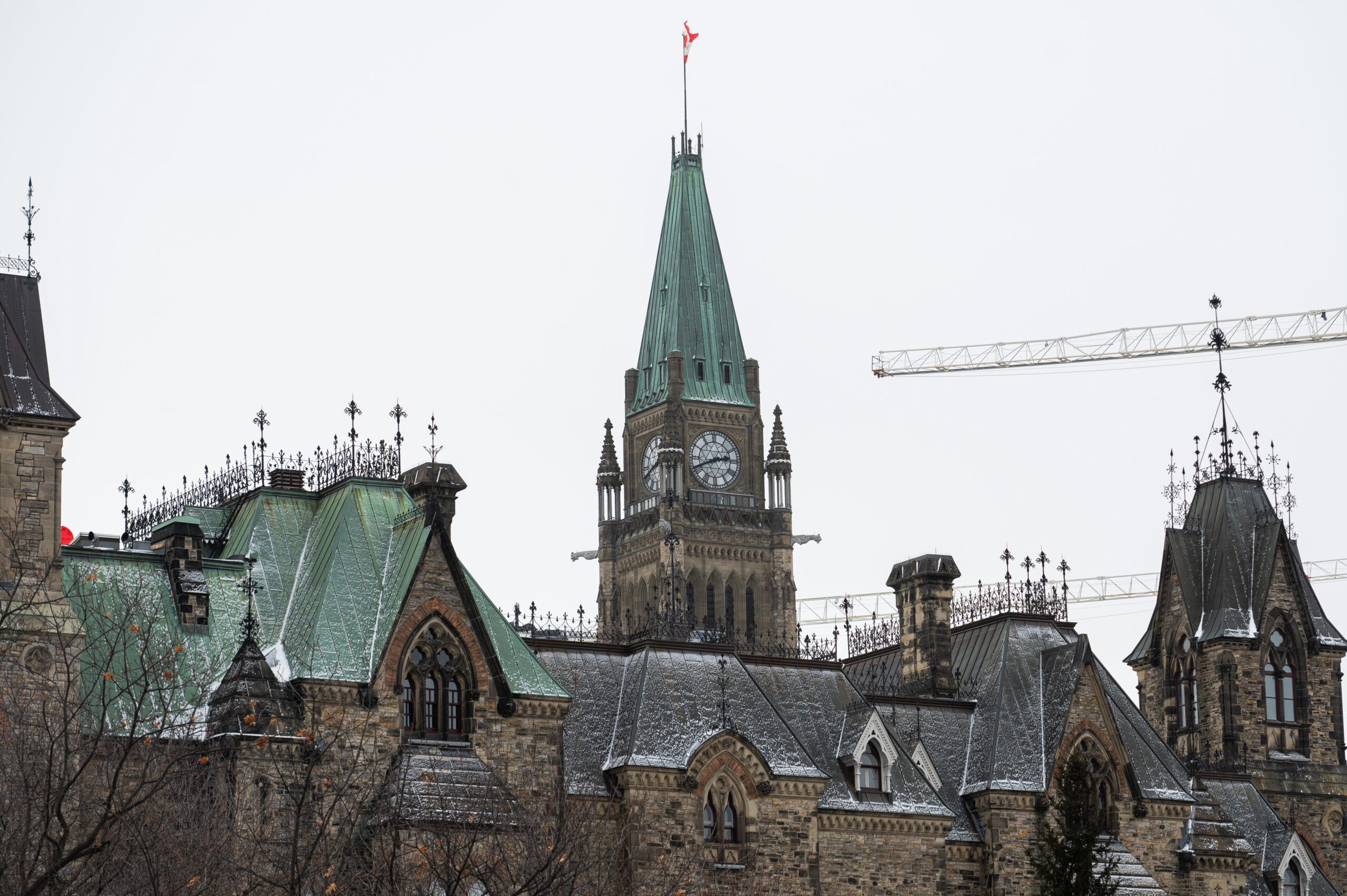
Much of what Hussen lists as important work hasn’t made headlines, but has, he says, had huge ripple effects in communities around the world. Beyond conflict-specific aid, disaster response and international firefighting exchanges, Canada has contributed financially to climate projects in developing countries, and made efforts to tackle plastic pollution abroad. (“If we don’t tackle plastic pollution at the source, it’s going to wash up to our shores,” he says.)
Canada’s ability to take such measures could be under threat, Hussen said, suggesting Conservative Leader Pierre Poilievre is prepared to “abandon the fight” against climate change entirely — including international disaster response.
Poilievre hasn’t spoken publicly about his stance on international aid for climate-related projects and disaster response, and his office didn’t respond to questions sent by The Narwhal. He has vowed to cut “wasteful foreign aid,” saying some of the money would be better spent on the military, so as not to rely on “Joe Biden or Donald Trump to protect Canada,” but has not detailed exactly how the balance would shift.
The Conservative leader was a minister in the government of former prime minister Stephen Harper, which folded the Canadian International Development Agency into Canada’s Global Affairs department in 2013. The Harper government claimed the agency spent most of its money inefficiently on bureaucracy, but aid organizations said the move risked politicizing humanitarian assistance. The following year, the Liberals accused the Conservatives of withholding foreign aid after $125 million was left unspent and returned to the Finance department.
What is clear is that a Poilievre government would take a very different approach to climate and conservation from the Trudeau government. He is vowing to make the 2025 federal race an “axe the tax” election, scrapping consumer carbon pricing and several other domestic environmental policies. Instead, he says, he will fight climate change with “technology not taxes” but has not released a detailed climate plan.
Poilievre and the Conservatives say the Liberals have wasted public money by spending too much on what they call “corporate welfare,” some of it tied to failed clean initiatives. An example they frequently cite is the $1-billion green technology foundation Sustainable Development Technology Canada, which the government ended after a scathing report from the auditor general found numerous conflicts of interest.
But for Hussen, choosing between spending money domestically and internationally is a “fake choice.”
“We have a global responsibility to be there for humanity, as well as being there for Canadians,” he said. “You can do both. Countries that are advanced and wealthy are in the position to do both.”
Get the inside scoop on The Narwhal’s environment and climate reporting by signing up for our free newsletter. On a warm September evening nearly 15...
Continue reading
10 billion litres of sewage are dumped into Winnipeg’s lakes and rivers each year. Some...

Court sides with Xatśūll First Nation, temporarily halting Mount Polley mine waste expansion

Break out the champagne: Emma’s storied life and leadership in journalism has earned her the...
